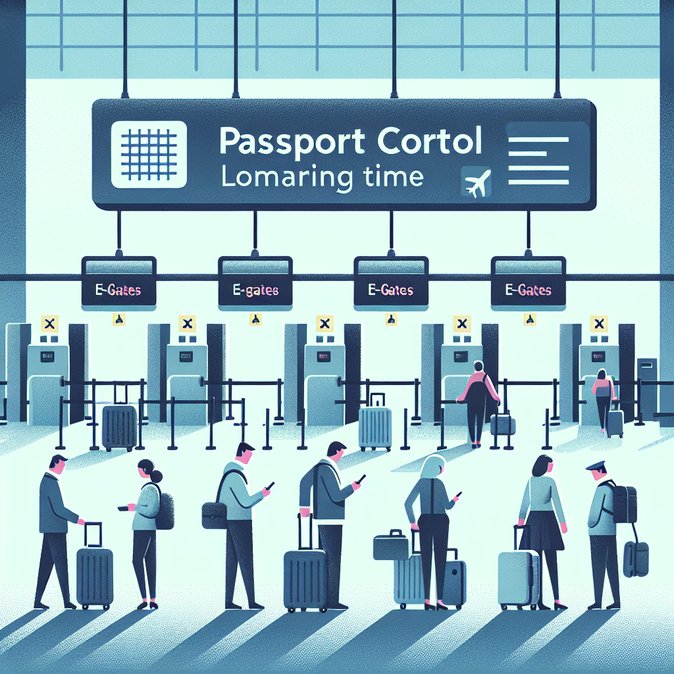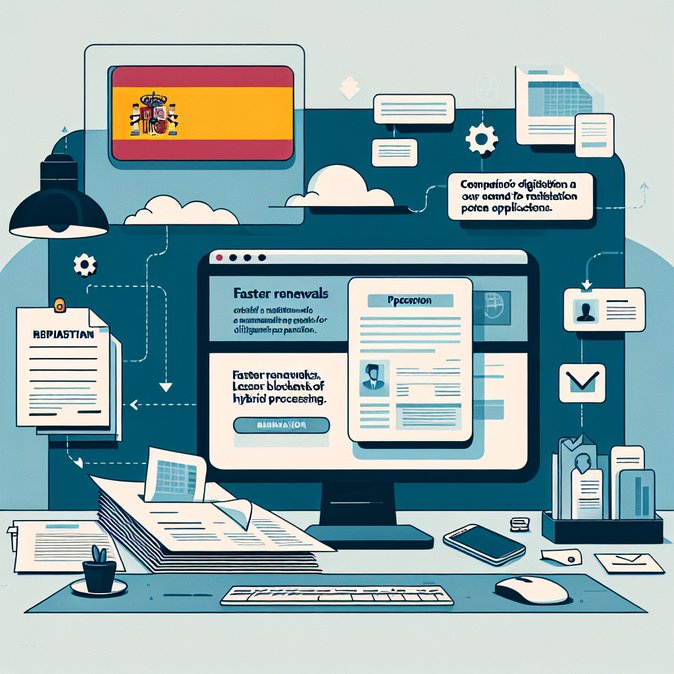
Frustration is mounting at Málaga-Costa del Sol Airport as passengers report waits of up to two hours at passport control, a consequence of Spain’s phased adoption of the EU’s new biometric verification system. Complaints recorded by regional daily SUR on 21 November cite staff shortages, malfunctioning e-gates and poor signage that funnels EU and non-EU travellers into the wrong lines.
Regular business flyer Juan M. told the paper that e-gates have been intermittently out of service since October and that only a handful of manual booths were open during peak hours. The delays cascade beyond immigration: baggage belts overflow, taxi drivers lose fares and connecting passengers miss onward flights.
![Long Queues at Málaga Airport Highlight Growing Pains of EU Passport Tech]()
Authorities insist the rollout is proceeding “with absolute normality” except for isolated glitches, arguing that the new system will ultimately expedite flows once most travellers are enrolled. Yet industry groups warn that chronic understaffing could undermine the benefits of high-tech kiosks, especially with the busy Christmas and spring conference seasons looming.
For corporate travel planners, Málaga’s woes are a cautionary tale. Until reliability improves, risk managers should pad itineraries, avoid tight connections and monitor live airport-service dashboards. Companies hosting events on the Costa del Sol may also want to stagger arrival times or arrange fast-track services for VIPs.
The episode underscores a broader truth: technology alone cannot overcome capacity shortfalls. As Spain races toward full EES implementation by 2026, adequate human resourcing will be just as critical as biometric kiosks.
Regular business flyer Juan M. told the paper that e-gates have been intermittently out of service since October and that only a handful of manual booths were open during peak hours. The delays cascade beyond immigration: baggage belts overflow, taxi drivers lose fares and connecting passengers miss onward flights.

Authorities insist the rollout is proceeding “with absolute normality” except for isolated glitches, arguing that the new system will ultimately expedite flows once most travellers are enrolled. Yet industry groups warn that chronic understaffing could undermine the benefits of high-tech kiosks, especially with the busy Christmas and spring conference seasons looming.
For corporate travel planners, Málaga’s woes are a cautionary tale. Until reliability improves, risk managers should pad itineraries, avoid tight connections and monitor live airport-service dashboards. Companies hosting events on the Costa del Sol may also want to stagger arrival times or arrange fast-track services for VIPs.
The episode underscores a broader truth: technology alone cannot overcome capacity shortfalls. As Spain races toward full EES implementation by 2026, adequate human resourcing will be just as critical as biometric kiosks.


